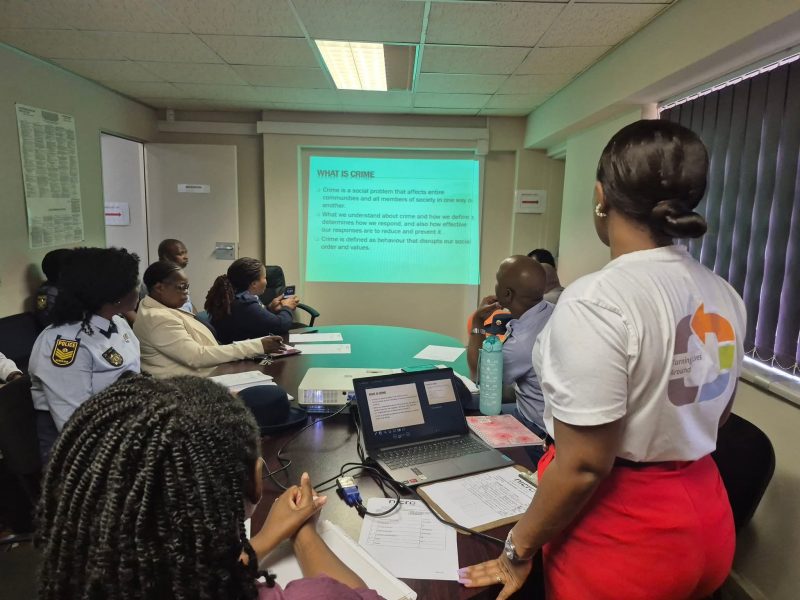In a country grappling with the effects of crime, restoring hope and preventing reoffending are not just ambitions, they are necessities. NICRO’s recent capacity-building session on diversion, hosted under the supervision of Ms. Lungile Khanyile and attended by representatives of the National Prosecuting Authority (NPA), the Department of Social Development, the South African Police Service (SAPS), as well as the Empangeni and Richards Bay Magistrate Courts represented by the NPA, offered a rare opportunity to confront the systemic challenges facing first time offenders in particular child offenders and chart a way forward.
Diversion refers to the legal process by which certain offenders, especially first-time and juvenile offenders are redirected out of the formal criminal justice system into rehabilitative and restorative programmes. The goal is to avoid criminal convictions, reduce recidivism, and help reintegrate individuals into society. NICRO, the National Institute for Crime Prevention and Reintegration of Offenders, has been central to this work in South Africa. It offers interventions and programmes aimed at crime prevention, restorative justice, and offender rehabilitation, including ADAPT, Beyond Boundaries, and Restorative Justice conferencing.
At the session, the issue of child offenders took centre stage. The NPA raised concerns about the capacity of social workers who are tasked with dealing with children, while the Department of Social Development stressed that if the relevant social workers do not attend to children’s cases, particularly in diversion, there is a serious risk that those children might re-offend. The Child Justice system does not allow anyone under 18 to be kept in police custody, which makes it critical for probation officers and social workers to be available even on weekends and on an ad hoc basis. Without this, the protections guaranteed by law become hollow.
Another pressing matter raised was the stigma of record keeping. A person who attends diversion should not carry a criminal record, but too often, individuals later discover that charge records still appear when they apply for jobs or undergo vetting. This is not a conviction, but merely a record of being charged, yet it carries devastating consequences. Removing these charge records from the system was at the top of the agenda.
There was also discussion about the reluctance of some offenders to take responsibility during the diversion process. Many are hesitant to admit wrongdoing because they are unsure what social workers will do with the information. This creates a breakdown of trust and can result in cases being sent back into the justice system, particularly for young offenders who then face the risk of jail time. The stakeholders agreed that more awareness is needed to explain how the justice process works, especially for first-time offenders, so that they do not spoil their future by avoiding diversion.
Non-compliance also remains a challenge. Offenders, especially children, who fail to comply may be re-referred. SAPS highlighted the reality that while the law must protect minors, they often encounter children already engaging in serious and dangerous criminal behaviour, sometimes at night and alongside adult offenders. This reality underscores the urgency of a strong diversion system supported by multiple stakeholders.
The session made it clear that diversion is not just a legal tool, but a moral imperative. It represents the possibility of second chances, of breaking cycles of crime, and of safeguarding the potential of young people. For this to succeed, social workers need greater capacity, probation officers must be accessible at all times, charge records must be handled fairly, and communities must be informed and engaged. Above all, collaboration between the NPA, NICRO, SAPS, Social Development, the courts, and society at large is essential.
NICRO’s capacity-building session reminded all present that the difference between punishment and restoration can define futures. The law may protect minors from being held in police custody, but it is society’s responsibility to protect their potential.




